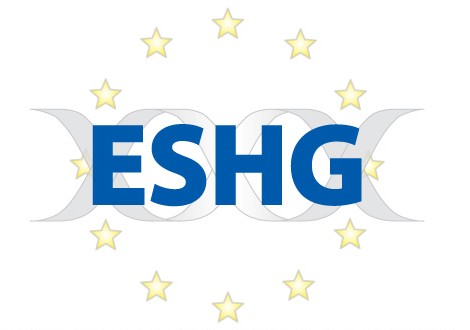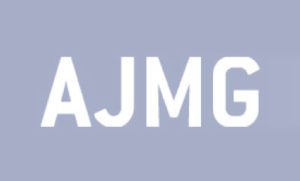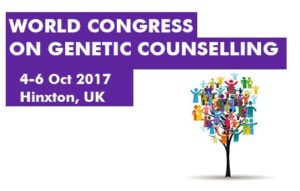| Title: | P14.041A – the utility of computer-assisted facial recognition in the etiologic diagnosis of patients with global developmental delay & intellectual disability |
| Keywords: | face2gene; global developmental delay; intellectual disability |
| Authors: | L. Morlan, M. Garcia jimenez, J. Lopez pison, J. Peña Segura, L. Monge Galindo, A. Lopez Lafuente, M. Lafuente, S. Izquierdo, A. Rodriguez, M. Miramar, S. Feo, G. Miguel, M. Tirado, L. Lahilla; Aragon Institute for Health Research, ZARAGOZA, Spain. |
| Abstract: | Introduction: global developmental delay (GDD) and intellectual disability (ID) are the most frequent reasons for consultation in the neuro-pediatrics outpatients, with a prevalence of 1-10% of cases. Of these, 50-80% of patients do not have a set etiologic diagnosis. The aim of this study is to evaluate the efficiency of the computer program Face2Gene (FDNA Inc, USA) as a diagnostic aid in clinical practice, for cases of GDD and ID followed in a tertiary hospital. Material and Methods: Double-blinded prospective observational study. Face2Gene is a search and reference tool designed for the exclusive use of medical staff. Through the analysis of clinical findings and automated recognition of facial traits, the program suggests 30 possible diagnoses per patient. Our study correlates these proposed syndrome matches with genomic data of the patients attending our clinic, after adding the frontal photo and the clinical features of the patient. Results: 91 patients, ages 6 months to 20 years, have been uploaded to Face2Gene, of which 21 have a molecular diagnosis. Face2Gene recognized 7 of these. For 70 patients we are waiting for molecular results. We will consider Face2Gene a useful tool if in at least 10% of the patients, one of the suggested syndrome matches does coincide with the molecular diagnosis of the patient. Conclusion: If the results are positive at the end of this study, this could be considered a shortening of the diagnostic odyssey of the patient as well as an increase in the rate of etiologic diagnostics. |
| Presentation Time: | Sunday, May 28, 2017, 10:15 AM -11:15 AM |

FDNA and Face2Gene Featured at ESHG
A flock of researchers from around the globe shared their findings in dysmorphology and molecular genetics at this year’s ESHG as a part of FDNA’s corporate satellite talk and various scientific posters. Karin Weiss (Rambam Health Care Campus, Haifa, Israel) presented her further work on Sifrim Hitz Weiss Syndrome (SIHIWES), a recently described form […]


